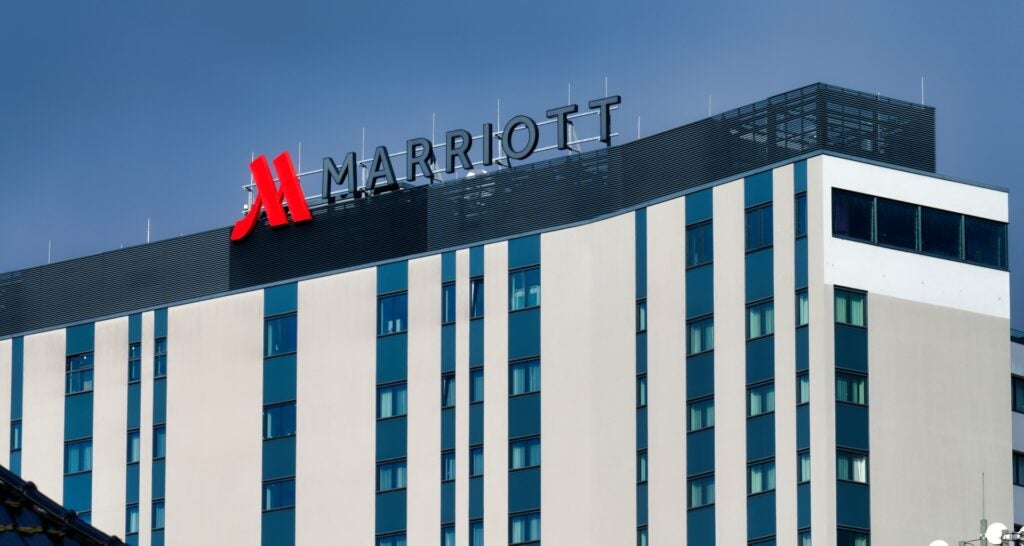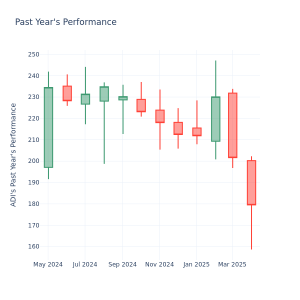
Following Bank of America Securities’ recent notes amid tariff-induced volatility, it also published some key data on questions it regularly receives.
International inbound travel makes up only ~5% of U.S. room nights and 3% of arrivals. However, international travelers stay longer, spend more, and are mostly leisure travelers.
The largest source market is Canada (40% of international room nights and 28% of arrivals), followed by Europe and Mexico.
Also Read: Tariff Tensions Could Hurt US GDP As Canadian Tourism Cools: Goldman Sachs
Las Vegas has 10% international visitors, and ~15% of gaming revenue is high-end baccarat, some of which is Asia-sourced.
BofA Securities noted that international inbound did not fully recover post-pandemic, given flight capacity and the dollar.
International revenue is 20-40% for Lodging C-Corps, and China accounts for 5-9% of fees for Marriott International MAR, Hilton Worldwide Holdings Inc HLT, Hyatt Hotels Corp H, and Wyndham Hotels & Resorts, Inc WH.
Other regions are evenly balanced across Europe, AsiaPac ex-China, Caribbean/LatAM and MidEast/Africa.
By far the most considerable China exposure in BofA Securities’ coverage is Macau, which makes up 62%, 52%, and 20% of Las Vegas Sands Corp LVS, Wynn Resorts WYNN and MGM Resorts International MGM revenue, respectively, while China makes up another ~20% of Singapore for Las Vegas Sands.
The top question BofA Securities received last week concerns the exposure of Lodging C-Corp room development to China. BofA Securities estimates China makes up 37%, 26%, 22%, and 18% of pipelines for Hyatt Hotels, Hilton Worldwide, Wyndham Hotels, and Marriott International overall, but this could overstate exposure as pipelines understate conversions, and China under-indexes on RevPAR given lower occupancy and rates.
Direct tariff impacts for GL&L should be low as supplies/inventories make up ~10-15% of hotel operating expenditure. Developers could see supply chain issues/price spikes across their budgets, but most dollars are international (Japan, Singapore, Macau).
Government makes up ~3% of room nights, and slightly more if contractors are included.
Government per diems are low, reducing the exposure of full-service hotels. Pre-pandemic business travel made up ~30% of overall U.S. travel spending but closer to 70% of revenue for BofA Securities’ companies, which overweight higher chain scales and urban markets.
Business travel is less elastic than leisure travel, but it is diversified by industry. It accounts for only 2-3% of overall corporate operating expenditure and never fully recovered post-COVID.
Lodging C-Corps are now trading below historical averages, while Lodging REITs are at historical trough levels reached at/near the Global Financial Crisis and during COVID.
Read Next:
Photo via Shutterstock
Market News and Data brought to you by Benzinga APIs
© 2025 Benzinga.com. Benzinga does not provide investment advice. All rights reserved.


